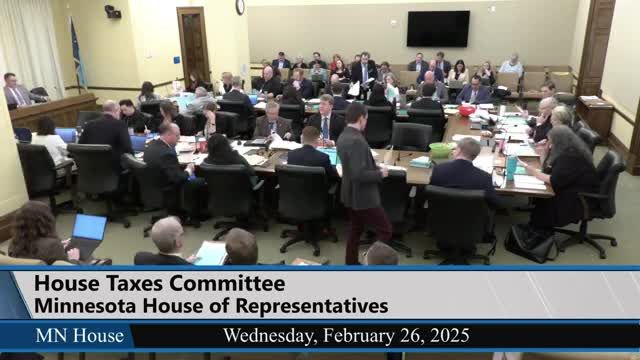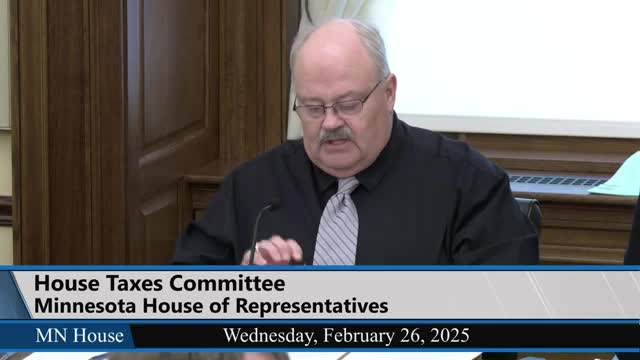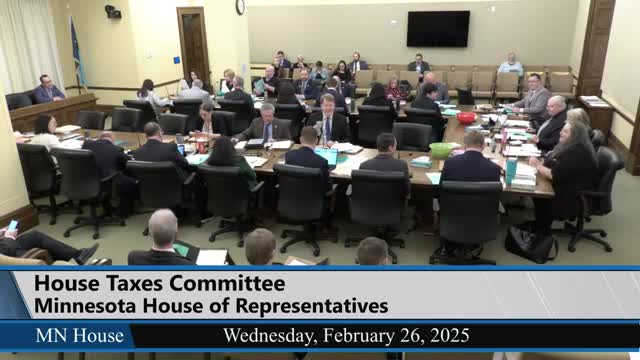Article not found
This article is no longer available. But don't worry—we've gathered other articles that discuss the same topic.

House Tax Committee advances broad tax package that freezes gas-indexing, repeals delivery fee and reallocates transportation funds

Committee lays over bill clarifying coerced-debt relief won’t be treated as taxable income

